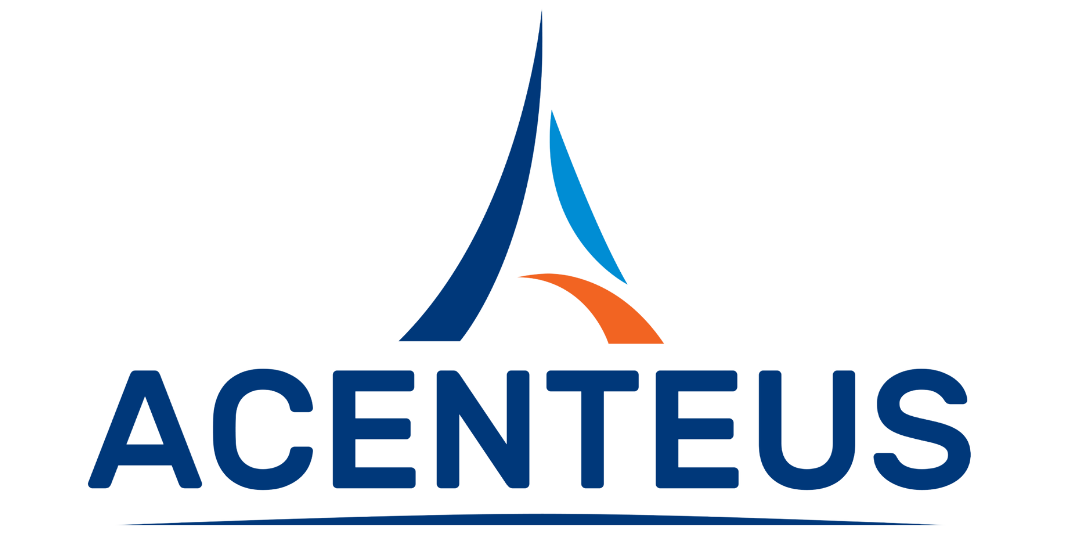
The complexity of accounting has increased over time as a result of evolving regulatory requirements and technological breakthroughs. Because of this, accounting firms are under more pressure than ever to increase productivity, save expenses, and preserve accuracy. Using procedures and tactics that can considerably increase accounting efficiency is one method to accomplish these aims. Businesses can improve client outcomes by streamlining their accounting procedures with the correct attitude and approach.
Accounting process simplification frees up time to add clients or new services without using more bandwidth. During this period, administrative tasks like data input and check runs can be digitalized to free up more time for customer forecasting, problem-solving, and planning. Similarly to this, efficiency improves the client experience by giving information when it is needed.
This article will look at five practical ways that accounting firms can increase productivity, cut expenses, and increase profitability. Accounting firms can reorganise their processes, lower errors, and increase productivity without compromising quality by putting these steps in place. These techniques will not only help businesses save time but also free up time for them to concentrate on more strategic tasks, including giving their clients value-added services.
Develop and Improve your Workflow:
Understanding and improving your internal workflows is crucial. The establishment of clearly defined processes establishes a shared language and paves the way for effective teamwork within the business. Also, it increases stakeholder and client transparency. Creating your workflow is a labor-intensive task that pays off, but only if you give it the time and effort it requires.
Every company is unique, and how you approach this will depend in large part on your firm’s size. It’s a task that the team manager normally handles in smaller businesses. Day retreats with participation from every employee are frequent in larger companies. Depending on your company’s needs, you can use the following five main steps as a general framework.
- List the main responsibilities of your company, along with the supporting procedures for each. Prior to delving into more detailed duties that call for the input of team managers and team members, start with the higher-level activities. Your process will be more productive the more collaborative you can make at this stage.
- Set the business procedures that will have the biggest impact as priorities. Before becoming more specific, take care of the most crucial ones.
- Make a workflow diagram to see the procedure in action. You can identify inefficiencies and bottlenecks using this.
- Try out your updated or new process in real life. Before implementing it across the entire company, start small. In this manner, you can solve small-scale issues.
- Train your team so that everyone is ready to go.
Use cloud computing:
Business continuity is supported by cloud-based technology, which is crucial for an accountant. Additionally, it gives your customers a more seamless experience. Accounting firms can now provide a wider range of services that were previously constrained by paper or laborious procedures involving multiple platforms, thanks to the cloud. It also gets rid of the requirement for paperwork, freeing up time for duties that are crucial to the operation of the firm.
Documents and portals hosted in the cloud increase efficiency and transparency. In fact, participants in the SmartVault research from 62% of accounting firms who felt their COVID-19 response was successful were more likely to be employing cloud-based technology, especially client portals and cloud-based document management.
Cut down on interruptions:
Every job has interruptions, which can significantly reduce productivity and overall efficiency. One online survey found that 71% of employees are frequently interrupted throughout the workday, and another found that it typically takes 23 minutes to get back on task after being distracted. There is a significant loss in productivity that eventually affects your company’s capacity to satisfy customer needs.
Accounting firm leaders should encourage staff to arrange their time in blocks so they are committed to the task at hand, automate manual operations, and think about setting aside time for team building to raising overall productivity in order to reduce distractions and increase efficiency.
Share Efficiency Guidelines
The foundation of a solid, trustworthy customer relationship is effective communication. All stakeholders must be effectively informed about new workflows. To help your clients through the new processes, you might need to meet with them in person for a few sessions. You should try to be as helpful, accessible, and hands-on as you can.
Getting support from those already working for the company is also crucial. Together, define the roles within each workflow and make sure the overall vision is communicated clearly so that everyone can understand their place in the overall scheme of things. Making sure that everyone is aware of the goals of the new workflow contributes to the development of a common language throughout the entire organisation.
Ongoing Process Improvement
The primary goal of any accounting firm should be continuous efficiency. More workflows will be added to your ecosystem as you extend your service offerings and clientele. These must be properly integrated into current workflows and kept up to date. Look for chances to automate monotonous, time-consuming operations and routinely examine your workflows.
By taking the right actions today to increase your accounting efficiency, your company will be in a better position to reduce friction, remove obstacles, and provide your clients with a more seamless experience both now and in the future.
In conclusion, putting into practise the five suggestions made in this article will greatly increase accounting efficiency in your accounting firm. Businesses may streamline operations, lower errors, and boost productivity by automating manual procedures and using cloud-based solutions. By outsourcing non-core jobs, businesses can cut expenses and free up time to work on more crucial duties, like giving their clients value-added services.
It is crucial to remember that accounting firms must be flexible and willing to adopt new procedures and technologies in order to successfully implement these strategies. Making sure that personnel has the knowledge and training necessary to use these tools efficiently is also essential. Accounting firms can enhance their performance with the appropriate strategy and attitude.
Looking to boost efficiency in your accounting firm?
We are offering a FREE CONSULTATION to listen and address all your queries.
Contact us to schedule an appointment.










